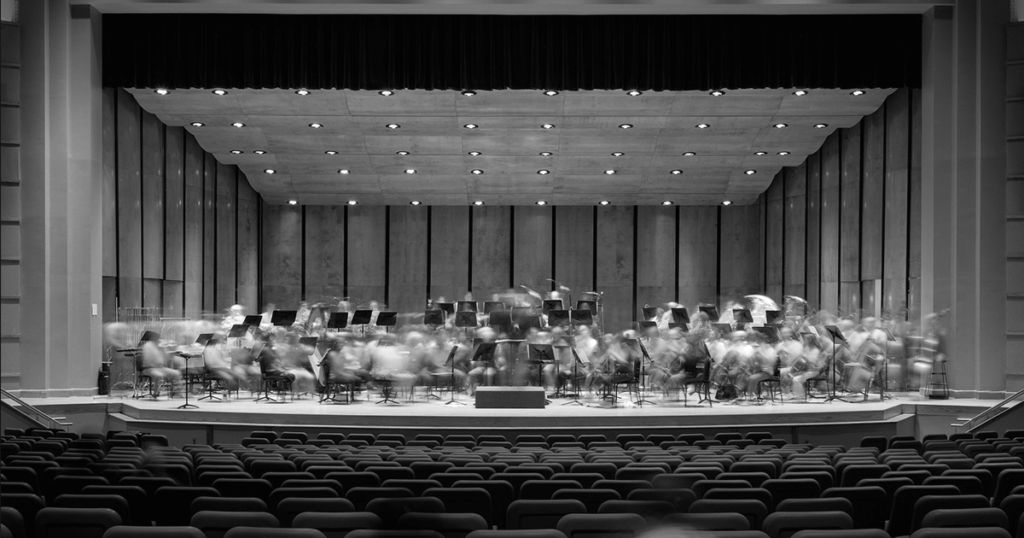
Before I went on vacation three weeks ago, I assembled a list of 25 essential American symphonies, with the understanding that such a compilation could never be definitive and with the expectation that readers would augment the numbers with favorites of their own. I was pleased to find many such suggestions, all worthy pieces, all essential, some better known to me than others. One reader’s recommendation, the Symphony No. 2 (nicknamed “Sintram”) by George Templeton Strong—composed in 1888 and admired by Liszt, among others—was originally on my longlist and could easily have made the cut. Readers also mentioned two symphonies by Florence Price, a native of Arkansas who was largely forgotten until a cache of her scores and other papers was discovered in a derelict house near Kankakee, Illinois; the Symphony No. 7 by Peter Mennin, the longtime president of Juilliard and composer of nine symphonies, among other works; the Symphony No. 1 by Elliott Carter, a wartime piece that the composer revised in 1954; and the Symphony No. 14 by Gloria Coates, a composer, I’m ashamed to say, I was unfamiliar with, but whose microtonal pieces I’ve been dipping into with great eagerness these past few days. No other composer I’m aware of has made such striking use of the glissando.
At least two commenters made a strong case for the 1941 Symphony by Bernard Herrmann, an unjustly neglected work by the master of Hollywood film scores. Herrmann is perhaps most closely associated with Alfred Hitchcock—in The Man Who Knew Too Much, he even makes a cameo, conducting Arthur Benjamin’s Storm Clouds Cantata in the Royal Albert Hall when Doris Day’s character foils the assassination attempt with a well-timed piercing scream. Herrmann was also a superb composer of radio dramas, and his non-studio work was inspired by Whitman and Melville.
In retrospect, I should have listed at least one symphony by the ridiculously prolific Alan Hovhaness. I grew up listening to his Second, the so-called “Mysterious Mountain,” but I am familiar with only a fraction of his output—among his 500 works are some 70 symphonies. Only now have I had a chance to explore the Sixth, a chamber symphony in one movement called “Celestial Gate,” a magical, incantatory piece. Another glaring omission, one I preemptively acknowledged three weeks ago, was that of David Diamond. The composer of 11 lyrical, intense, and melodic symphonies, Diamond was championed by the leading conductors of American orchestras in the 1940s and ’50s. Later, his music fell out of fashion, but a proper revival would be wonderful to see. One commenter made a claim for Diamond’s Symphony No. 3, and I cannot argue with that choice. It’s a four-movement work of supreme contrasts, the rhythmically driven and nimble opening movement followed by an Andante, a picture of otherworldly calm. A joyous, relentlessly vivacious Allegro comes next, before Diamond ends with a slow movement marked Adagio assai—a spacious, moving, melancholy essay that lingers in my memory every time I hear it.
One thing that becomes apparent, as I look upon all of these works as well as the original 25, is how many of them fall into the category of neglected or forgotten. Most orchestral programs skip over these American classics, to the detriment of the musicians and the paying public. In future columns, I hope to delve deeper into as many of these works, and others like them, as I can. Thanks to all those who made suggestions.
One commenter, Burton Dow, made a Spotify playlist to accompany the original list. Listen to it here. And follow it up with Gerard Schwarz and the Seattle Symphony performing David Diamond’s Symphony No. 3:

